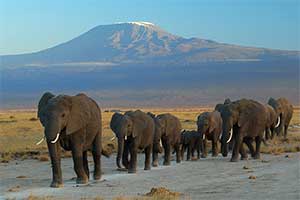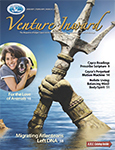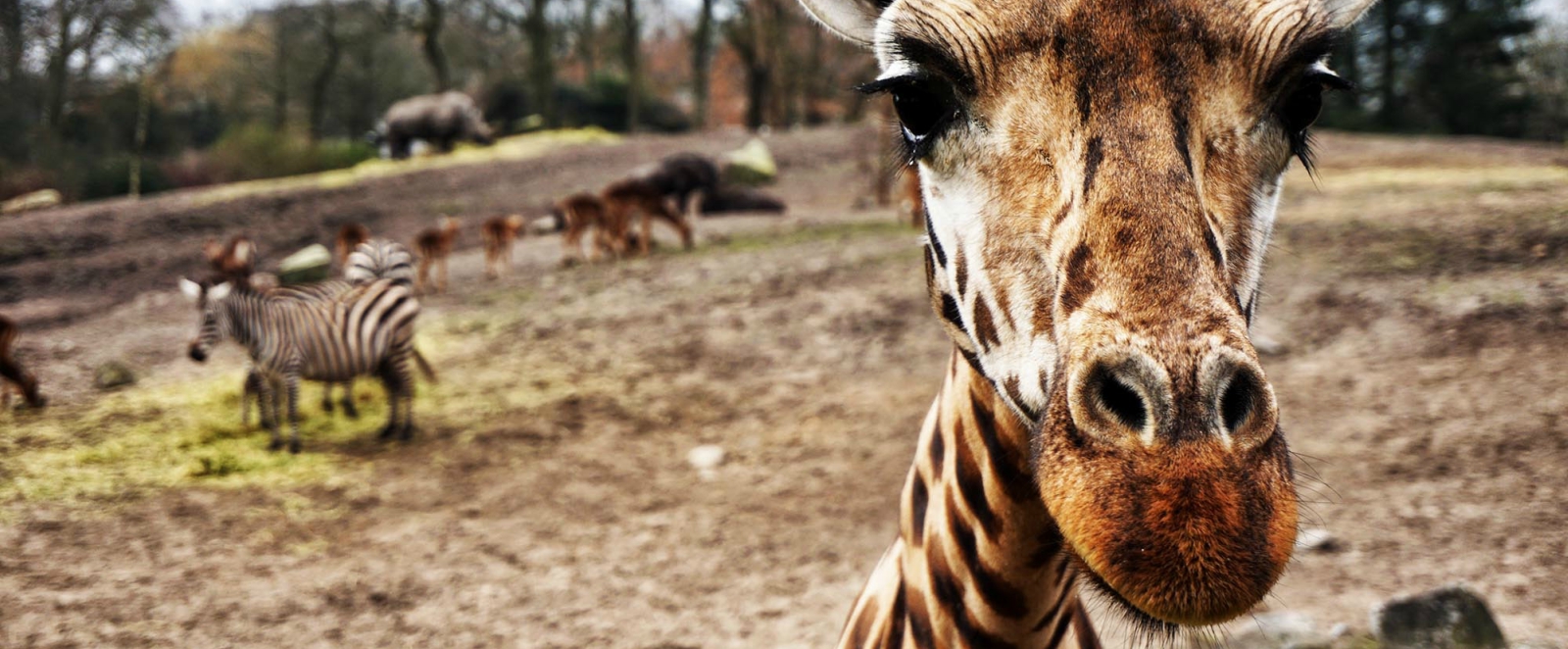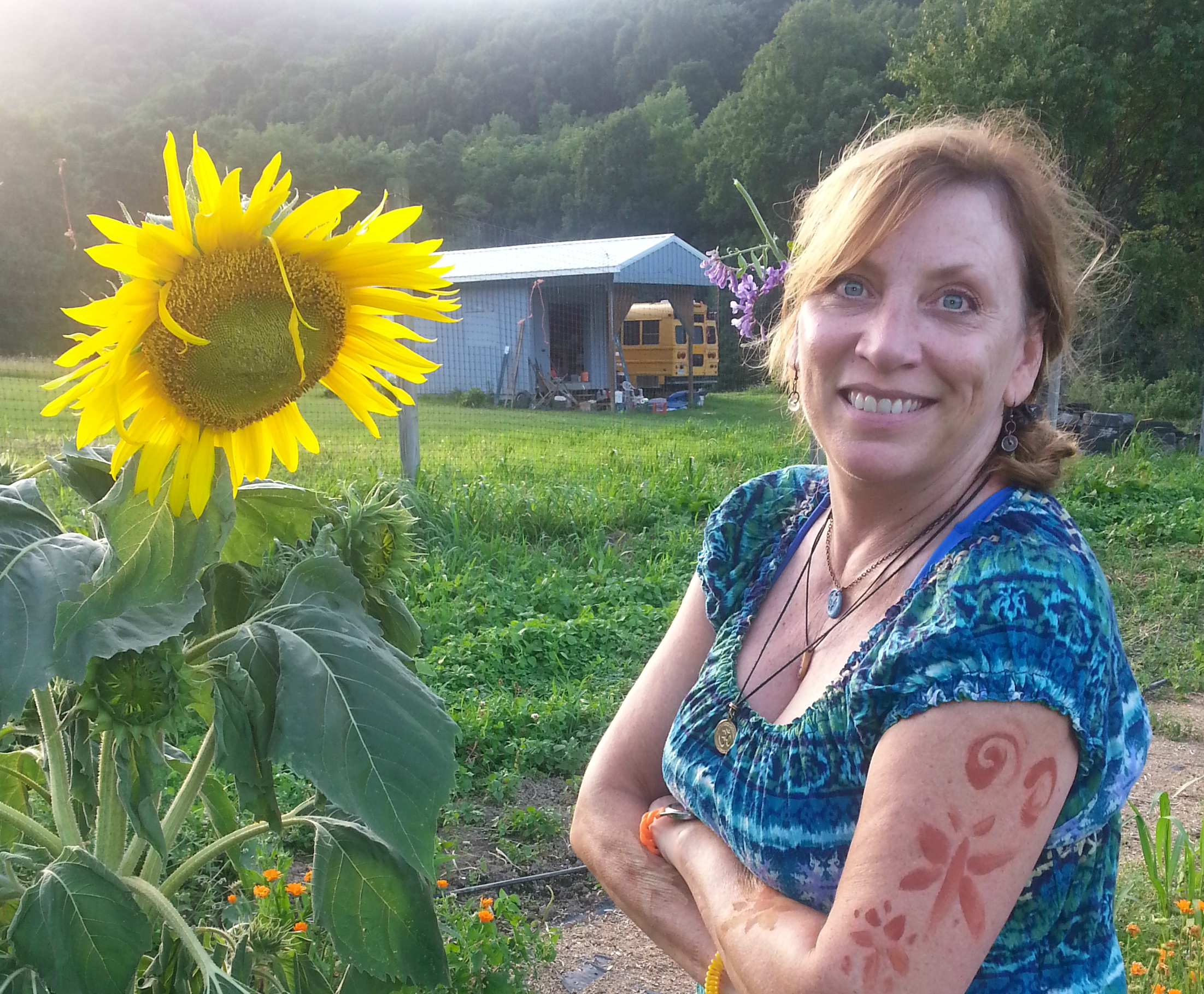I was born the youngest of seven children. This was in the 1960s when large families were not uncommon. Though we struggled financially, we always had pets. More specifically, we had a family dog, and I had mice, turtles, and a bird (cats, rabbits, gerbils, and guinea pigs would come later). My mom knew I had a passion for animals, and in spite of my family’s financial situation, she always supported my love for animals by allowing me to have pets and taking me to the zoo as often as we could manage.
Shortly before my ninth birthday, my dad died. It was sudden and unexpected, and it put our family on a completely different path. Wherever we were headed before, we weren’t heading that way anymore. I was young, but I understood what had happened. I knew my father was dead. I had a concept of heaven from church—I attended Sunday school each week and went to vacation Bible school during the summer. I felt confident that my dad was in heaven.
But what I wanted to know was, do animals go to heaven too? During that time period in my family’s life, while staying over my aunt and uncle’s house, my young brain was trying to sort out what I believed and what I still questioned, so I asked my aunt, “Do animals go to heaven?” Her reply was, “No, they don’t.” I adored my aunt. I admired her, and I respected her. But her response broke my heart and called into question my young faith. I told her how I felt about it. “If animals don’t go to heaven,” I said, “then I don’t want to go there either.”
 Flash forward several years, and as a teen I started reading books of a metaphysical nature, like Richard Bach’s Illusions. My mom and I had the same taste in spiritual material, but though she was aware of Edgar Cayce, I didn’t find out about him until my mid-20s when, under synchronistic circumstances, I ended up working at A.R.E. in the Membership Department. It was 1988 when I first read There Is a River, and that’s when my spiritual studies really began to take off.
Flash forward several years, and as a teen I started reading books of a metaphysical nature, like Richard Bach’s Illusions. My mom and I had the same taste in spiritual material, but though she was aware of Edgar Cayce, I didn’t find out about him until my mid-20s when, under synchronistic circumstances, I ended up working at A.R.E. in the Membership Department. It was 1988 when I first read There Is a River, and that’s when my spiritual studies really began to take off.
At the same time, I had become a volunteer at the local zoo that my family had visited for all those years of my childhood. My love for animals would always be a part of my nature, and no matter what I read or studied, in the back of my mind were my aunt’s words and my desire to prove them wrong, because I wanted heaven, but I wanted the animals too.
Back in the 1980s, the Cayce readings were not yet in electronic form. If you wanted to research the readings, you had to either read books and other materials by authors who had done the research and published their works, or you had to physically go to A.R.E.’s library and look them up directly. There were no published works on Edgar Cayce and animals that I could find. It was only natural that I began to research what the Cayce readings had to say about animals. I wanted to know everything. What was their nature? Did they have souls? And, of course, did they live on beyond death? My research started at the beginning with this reading:
Spirit pushed into matter—and became what we see in our three-dimensional world as the kingdoms of the earth; the mineral, the vegetable, the animal—a three-dimensional world.
-- Edgar Cayce reading 262-114
This reminded me of the creation verses in Genesis but with an added depth. Seeing the animals as a spiritual kingdom and an expression of spirit as it had “pushed into matter” was an interesting concept for me. I wanted to understand this better, and I also needed to know what was meant by kingdom, so my research continued. I found more with this reading:
In the material world, where we find expressions of the physical and of the spiritual, we find Mind. Yet what is known as the Group Mind—or that of the plant kingdom, the mineral kingdom and the animal kingdom...returns (as its Destiny) to the Creative Force which is its author, its maker. MAN—the free will agent...makes his Destiny as to whether his Mind...is one with or in opposition to the Creative Forces.
-- Edgar Cayce reading 262-80
This concept of a Group Mind sounded to me like what we call animal instinct. I did not feel that this meant animals could not also be individuals, but rather I was reminded that animals are full of innocence. As this reading seems to indicate, that’s because animals are always in accord with the Creative Forces. Whereas humans—with free will—can act in “destructive” ways that are against the Creative Forces, this reading seemed to be saying that animals cannot.

Elephants at Amboseli national park against
Mount Kilimanjaro Source: Wikipedia
Animals are living in accord with natural law, or the Creative Forces; that is, unless they are under the influence of a human’s free will. And yes, a human can teach a dog not to pee in the house, and yes, a human can teach an elephant to perform in a circus, but these are unnatural behaviors brought on by the force of a human’s free will (for better or for worse) and not in accord with the animals’ Group Mind (i.e., instinct or natural nature).
Because of humans’ free will, which can be used constructively or destructively, animals are dependent upon us for their wellbeing.  As was stated in the book of Genesis, we have dominion over animals and the earth. But since we have free will, it is our choice of how we wield it—for ill or for good, in discord or in accord with the Creative Forces.
As was stated in the book of Genesis, we have dominion over animals and the earth. But since we have free will, it is our choice of how we wield it—for ill or for good, in discord or in accord with the Creative Forces.
This is Part 1 of a two-part blog. Read Part 2 here.
Excerpt from an article published in the Jan-Mar 2014 issue of Venture Inward magazine. A.R.E. members can read the entire article in the online member section at EdgarCayce.org/members.






